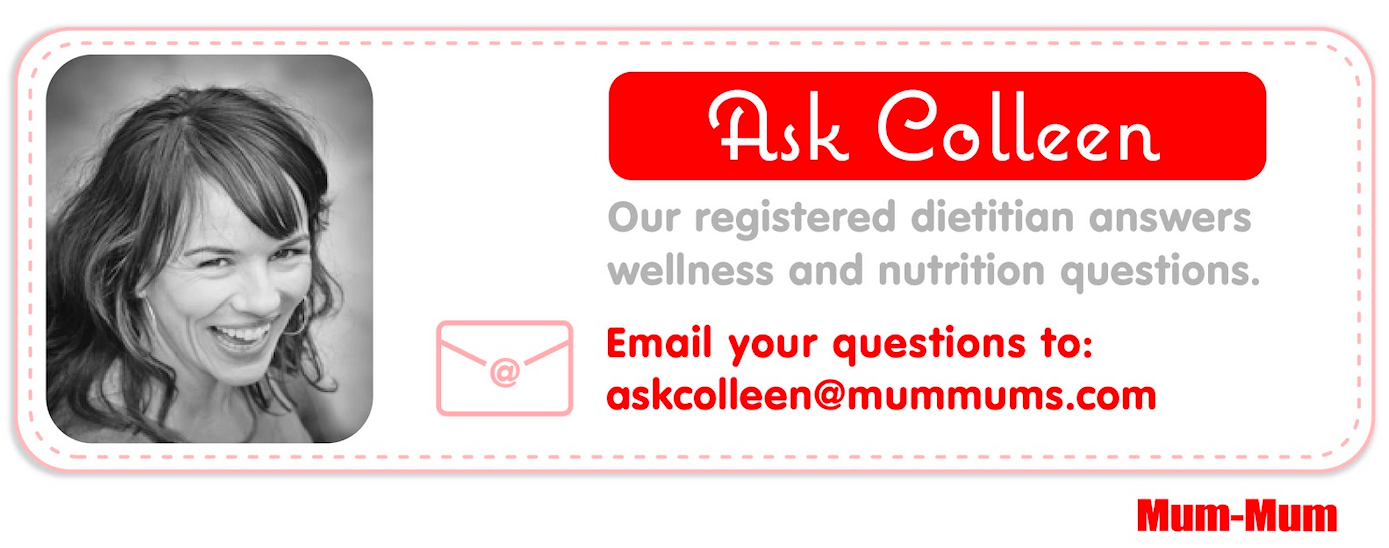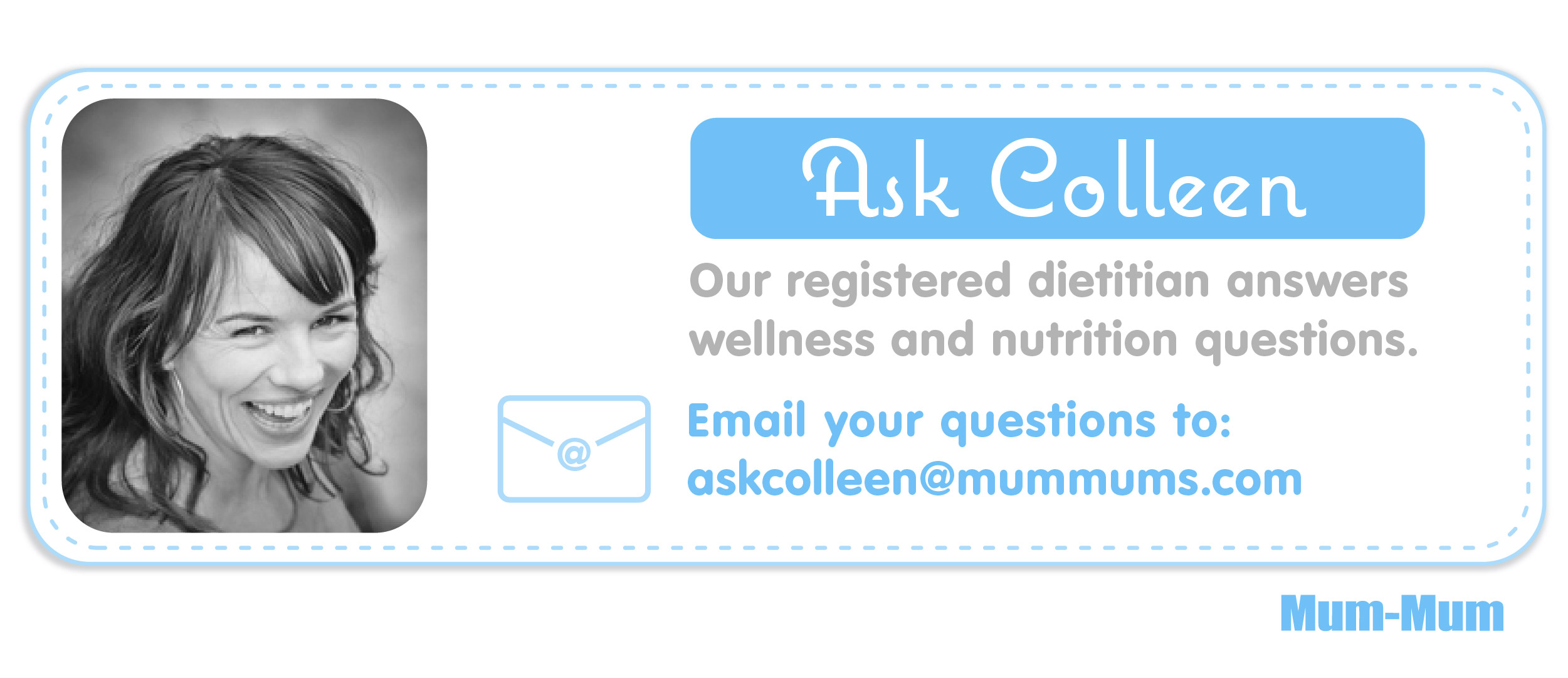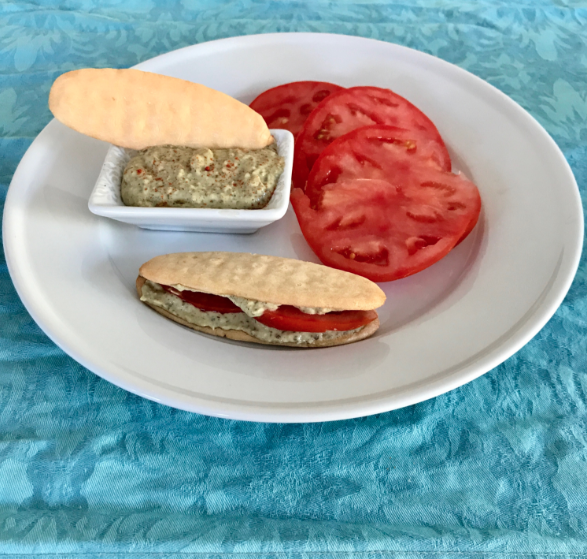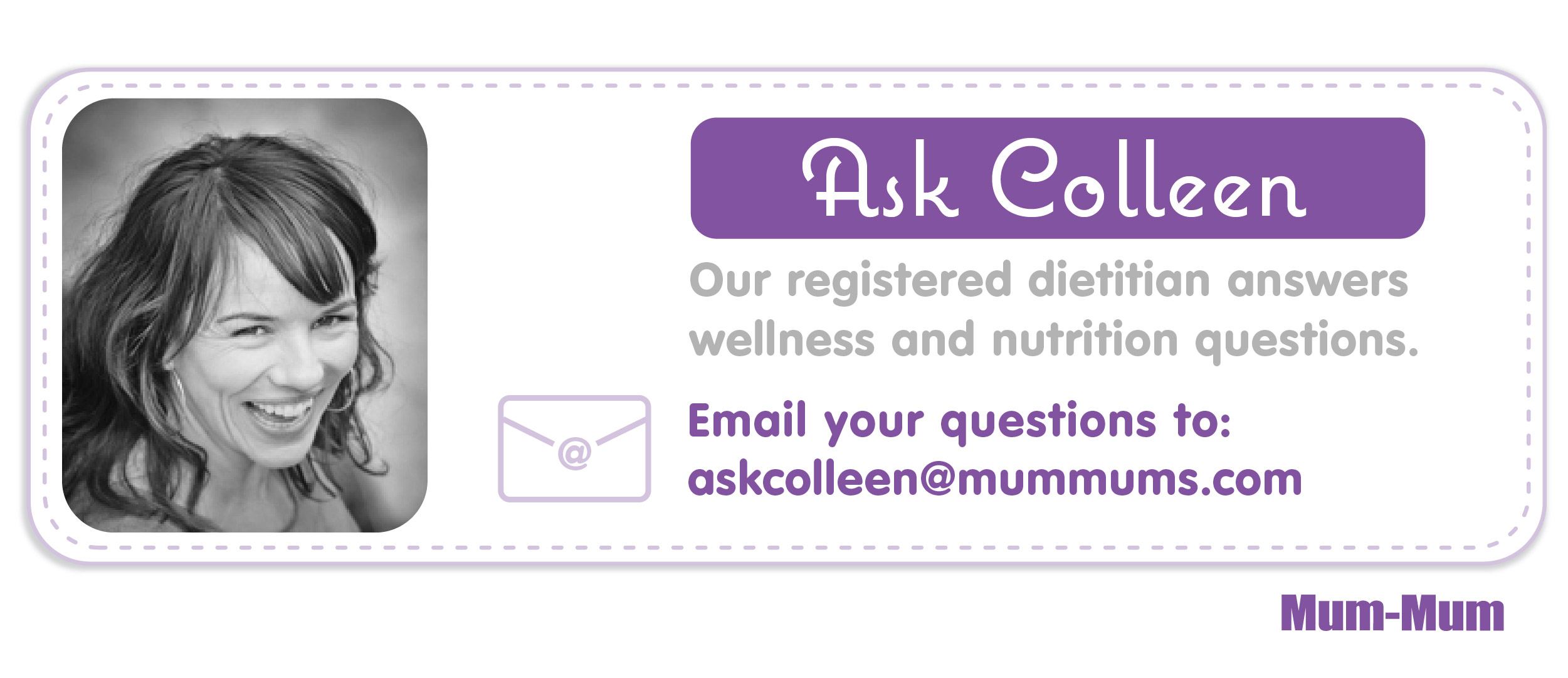August 1st marks the start of World Breastfeeding Week, sponsored by the World Alliance for Breastfeeding Action (WABA) as a means to increase awareness of the benefits of breastfeeding and draw public attention to the state of policy and programs on breastfeeding. As the saying goes, breast is best, but some women remain apprehensive about deciding to breastfeed. In honor of World Breastfeeding Week, here are 10 reasons to breastfeed your baby:
- Breast milk is the world’s most perfect food: Packed with nutrients and antibodies, the constituents of breast milk change as baby grows, naturally adapting to the changing needs of babies.
- Creates strong bonds: Breastfeeding is nature’s way of creating a strong bond between mother and child, something that will have lasting effects on your child’s behavior. Breastfeeding stimulates the release of prolactin, a hormone that has a calming effect on both mother and baby so that bonding may take place.
- Raises baby’s IQ: Several studies have found that breastfed babies have a higher IQ, 7 points on average, than babies who were formula fed.*
- That’s what breasts are for: Society has sexualized breasts to the point many women do not feel comfortable breastfeeding, yet women have breasts specifically to feed their young – plain and simple.
- It’s convenient and cost efficient: Breast milk requires no preparation or refrigeration, is in supply 24/7, and is always just the right temperature. The best part about breastfeeding is that it’s free whereas infant formula can cost families up to $1,400 per year.
- Benefits maternal health: Women who breastfeed have a reduced risk of breast, uterine, ovarian, and endometrial cancers in addition to stabilizing the progression of endometriosis.*
- 7. Its recommended by top health officials: The American Academy of Pediatrics, the World Health Organization, UNICEF, and the American Dietetic Association all recommend exclusive breastfeeding for the first 6 months of life. *
- Improves infant health: Breastfed babies have decreased chances of developing allergies and asthma as well as lower rates of gastrointestinal upset and ear infections.*
- Reduces diabetes risk: This benefit comes for both mother and baby. Breastfeeding mothers experience greater insulin stability while formula feeding has been shown to increase a child’s risk of developing diabetes later in life.*
- It is good for babies’ tummies: breastfeeding not only improves intestinal health by decreasing permeability, it also reduces the risk of your baby developing Crohn’s Disease and ulcerative colitis in early adulthood.*
*For an extensive list of scientific studies to support these claims, visit: http://www.naturalchild.org/guest/leslie_burby.html









Be the first to comment